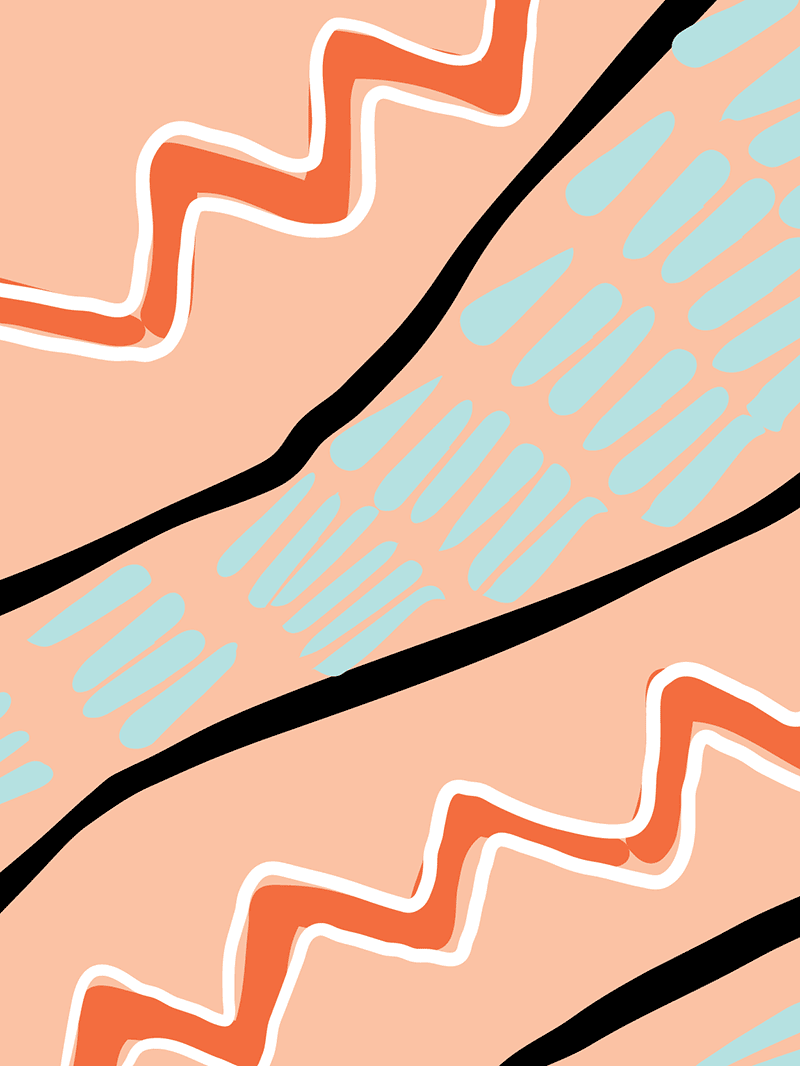Cultural Safety in Indigenous Research
This paper challenges some of the prime conventions of ways of doing Indigenous research. As an Wiradjuri researcher, my research is located within aspects of social change, as it began with oral histories significantly based on beneficent outcomes concerning community knowledge and stolen wages. Progressively this research has created a transformational space where Indigenous oral history brings life to our community narratives and portrays so well the customs, beliefs and values of our old people, our Elders. They are a link to our ancestors and create intergenerational connectedness. This knowledge, though, can be mistreated within research where a community’s oral history becomes a researcher’s published work. This paper explores concepts of Cultural Safety being ingrained within ethical research practices, and the significant place of the performative aspects of research that ensure Indigenous knowledge is protected within a “research environment” and can continue to give an Indigenous voice to the need for research to be of value to our communities. Our culture continues through oral history and we must make sure that this sacred exchange is protected into the future.
